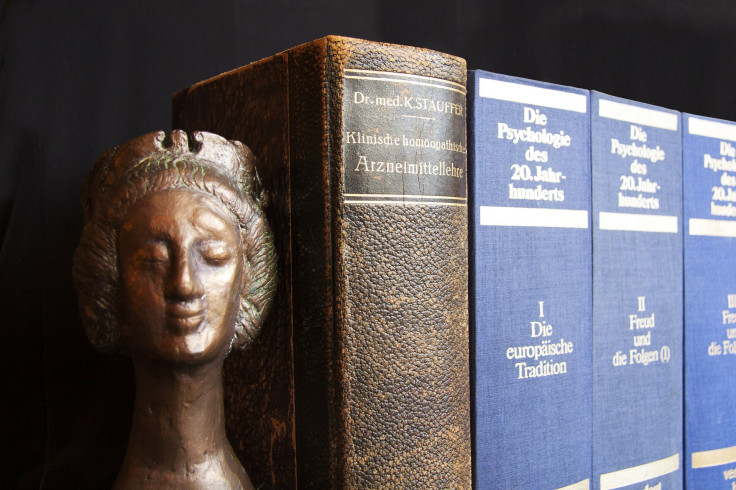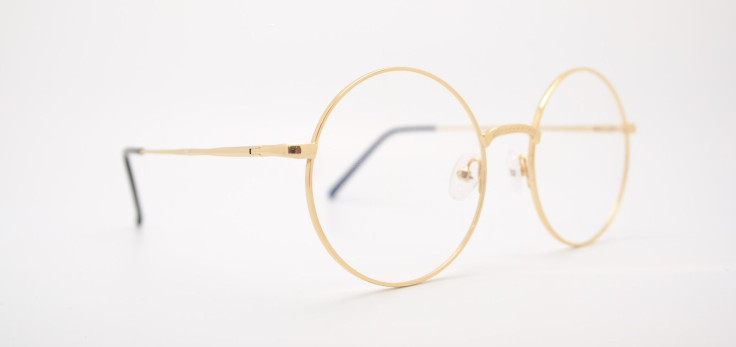Psychologist Vs. Psychiatrist: What’s The Difference Between These Mental Health Professionals?

You’ve taken the most difficult step of acknowledging you need help, whether it’s to treat a known or suspected mental illness or simply to talk to someone about a few things. OK, now what? Do you make an appointment with a psychologist or a psychiatrist?
These two types of medical professionals are often confused or lumped together, but they have a few differences. The most significant is that psychiatrists went to medical school and thus can prescribe medication, while psychologists did not and cannot. Mental health expert Dr. Charles Raison explained on CNN: “Psychiatrists are medical doctors who complete a residency after medical school. Psychologists are Ph.D.s who do a clinical internship after getting their degrees.”
Because medication is out of the equation, psychologists focus on the psychotherapy while psychiatrists may use medical interventions while diagnosing a mental illness. “Psychiatrists often treat the most seriously ill patients, those with conditions like schizophrenia or bipolar disorder, while psychologists often take care of people with less severe mood and anxiety disorders,” Raison said.

At Johns Hopkins Medicine, for example, psychologists are listed as being on hand for counseling people during times of grief or stress and to “assess and treat for cognitive and behavioral problems,” while psychiatrists in that medical system are listed as doctors “who treat mental health issues” and may prescribe medication or offer counseling.
Although they are both working to help people with both routine and serious mental issues, and although combining medication with talk therapy can at times help patients even more that just using one or the other, these two groups of professionals have a bit of a tense relationship: “Psychologists and psychiatrists tend to hate each other,” Time says. Your first thought may be of a kind of class rivalry, between those with medical degrees and those without. But the psychiatrists are actually the underdogs, Time explains. “The reasons are historical: beginning even before Freud, psychologists held enormous power over the cultural imagination.
The whole idea of psychiatry — an explicitly chemical rather than behavioral treatment of the mind — didn’t start until the industrial age, and for a long time afterward, psychiatrists were held in disregard.” The two professions even have national organizations whose acronyms are the same, A.P.A., but neither the American Psychiatric Association nor the American Psychological Association “will relinquish the shortened form to the other. Yeah, it turns out the nation’s mental-health leaders act like children,” Time says.
Published by Medicaldaily.com



























